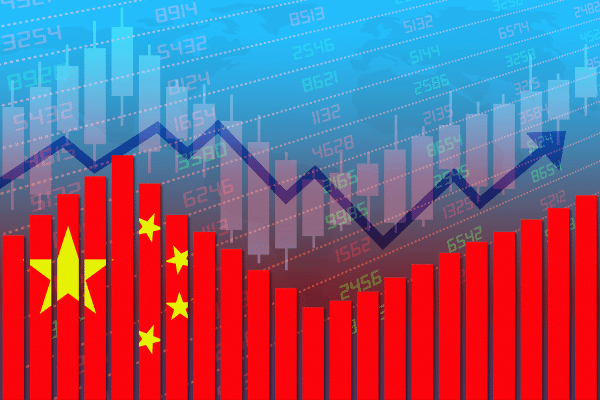
-
SPACs are a blank-check vehicle for acquisitions to help private companies get listed on an exchange without having to go through an IPO
-
Difficult to write off SPACs given that retail investors have driven other more speculative investments to lofty returns, but with more speculative segments of the market, caution and regular profit-taking discipline are needed
In many parts of the rich world, it’s not uncommon to buy a house “off the plan” meaning a realtor shows you a bunch of glossy brochures as well as a scale model of the home that you’ll be putting real dollars behind (“this isn’t a house for people, it’s a house for ants! Cf. Zoolander).
But now imagine plonking down money on something that doesn’t exist now, and its organizers aren’t even sure will exist, just that it will “someday.”
Cue ominous music and welcome the SPAC, or Special Purpose Acquisition Company.
As its name may or may not imply, a SPAC is basically a listed vehicle that provides a backdoor stock exchange listing for a private company that would otherwise struggle or want to avoid the laborious and more costly IPO process. So how does it work?
SPACs typically have no more than two years to find target acquisition companies, failing which, they’ll need to return whatever money they’ve collected, to investors.
Sounds reasonable right? If the SPAC finds a target, everyone wins and if not, investors get their money back.
Not so fast Gordon Gecko, terms and conditions apply. Let’s begin with how SPACs got started, because everyone loves a good origin story.
SPACs are hardly new – they’ve been around since the 1980s, but were considered one of the dodgier corners of the financial markets, relegated to pink slips or over-the-counter trading venues where penny stocks and snake oil salesman lurk.
All that changed of course because of the coronavirus pandemic. With historically low interest rates and mountains of liquidity flooding into the financial markets, the “everything rally” saw SPACs become a suddenly viable way to raise capital. Almost overnight “everything” that couldn’t have been funded using traditional routes, was viable via a SPAC – from the most ambitious flying taxi companies to literal moonshots, like Virgin Galactic (-2.78%), which helped to popularize the fundraising vehicle.
The problem is because there’s a pecuniary pressure on SPACs to acquire companies before their timelines run out, they may acquire and potentially overvalue companies that they wouldn’t, under normal circumstances.
How do you value a flying electric taxi company that’s never carried a single pilot, let alone passenger? You tell me, cause chances are your guess is as good as mine.
Which is why as many as three quarters of SPACs have not made a single acquisition, and even if they don’t, it’s no sweat off the backs off their arrangers backs because in many cases, they just need to raise enough from investors to cover their costs and return what’s left over.
So is it sustainable?
Just as most people don’t know the complicated feats of engineering that go into making an electric car move, they’re more than happy to put down money on a Tesla (-5.84%) or buy its stock.
Similarly, investors have been minting fortunes because SPACs sell stories first, stocks second.
SPACs have a breadth of latitude in valuing the businesses they buy and unlike traditional IPOs, where financial results are in focus, SPACs can base entire deals on projections (conjecture). That provides SPACs plenty of fuel for speculation – take DraftKings (+1.65%) which launched its SPAC in 2019 and is now up some 450%.
For the plucky investor who made a fortune on the likes of GameStop and AMC Entertainment (+15.40%), the SPAC is just another spin at the roulette table of risk.
And like the GameStop investor, the place to look for information isn’t Barrons or Bloomberg, but Reddit and Twitter. Historically, 60% of SPACs trade below their launch price – which means the odds aren’t all that bad, there’s a 40% chance that a SPAC investor will make money out of the gate, on something which is wildly speculative.



